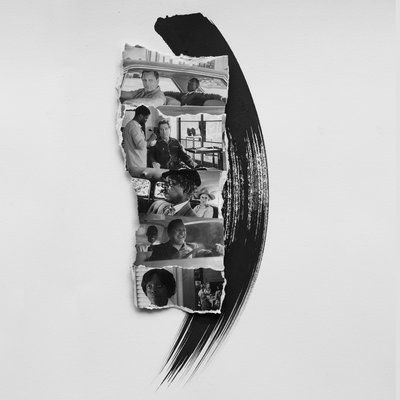Grief and Solemnity
On the American way of death, burial, and mourning, from war heroes to Elvis:
At the scene of his mother’s funeral, Elvis Presley — invincible sex symbol, cocksure performer, the man who changed the world and music forever — was reduced to a pathetic, blubbering mama’s boy. “Mama, I’d give up every dime I own and go back to digging ditches, just to have you back,” he told her body while it lay in repose the night before the funeral. At the service, according to biographer Peter Guralnick, "Elvis himself maintained his composure a little better until, towards the end, he burst into uncontrollable tears and, with the service completed, leaned over the casket, crying out, 'Good-bye darling, good-bye. I love you so much. You know how much I lived my whole life just for you.' Four friends half-dragged him into the limousine. 'Oh God,' he declared, 'everything I have is gone.'"
